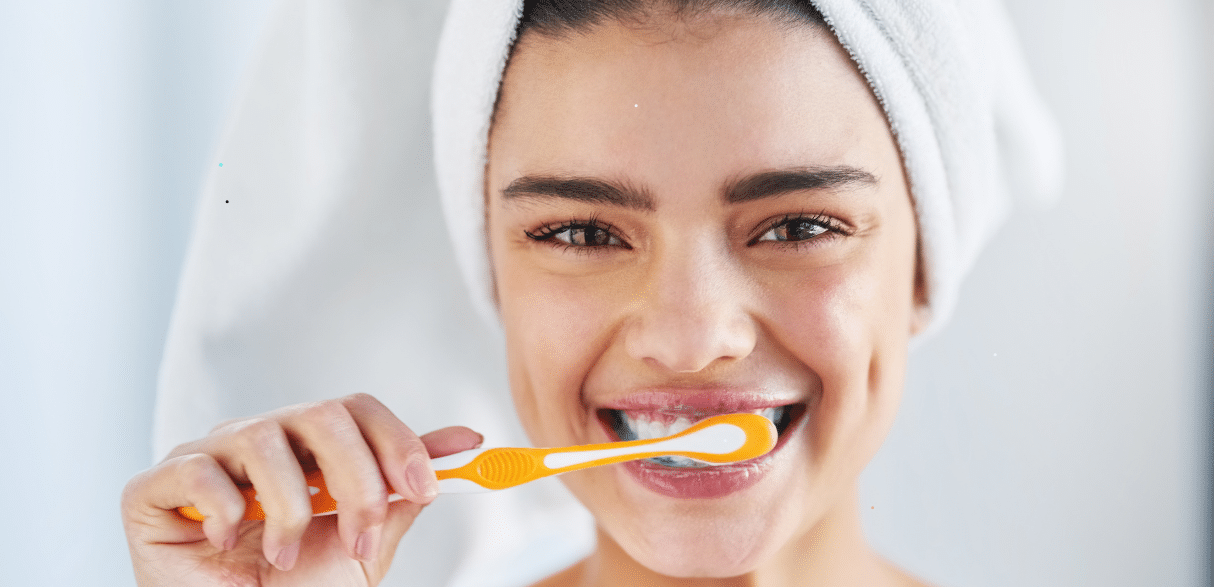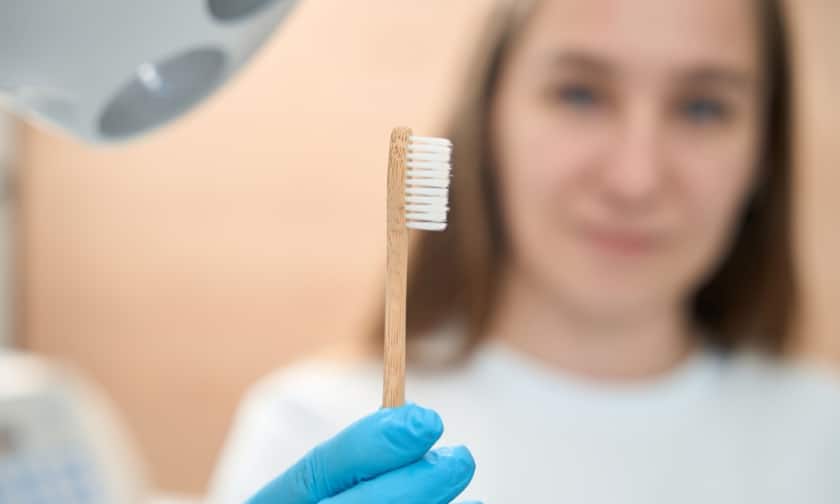Stronger Teeth & Healthier Gums: Top Dental Hygiene Tips You Need

Maintaining strong teeth and healthy gums is essential for overall well-being. Good dental hygiene helps you keep your smile bright and prevents oral health problems that can affect your general health. Daily care, professional dental cleanings, and good habits are crucial for long-term oral health. Explore the practical tips for achieving and maintaining healthy teeth and gums.
Brush Your Teeth Twice a Day
Brushing your teeth is the cornerstone of dental hygiene. It’s essential to brush at least twice a day—once in the morning and once before bed. Make sure to use a soft-bristled toothbrush and fluoride toothpaste. Fluoride helps strengthen tooth enamel and prevent cavities. Be sure to brush for at least two minutes, covering all surfaces of your teeth, including the front, back, and chewing surfaces. Effective dental cleanings help individuals stay away from oral diseases.
Don’t Forget to Floss
Flossing is just as important as brushing. It helps remove food particles and plaque your toothbrush cannot reach, especially between teeth. Floss at least once daily, preferably before bed, to remove any debris that could lead to gum disease or cavities. Flossing helps keep your gums healthy and reduces the risk of gingivitis, an early stage of gum disease.
Rinse with Mouthwash
Mouthwash is an effective way to help clean areas of your mouth that brushing and flossing might miss. It can also reduce bacteria, freshen your breath, and help prevent gum disease. Choose a mouthwash with fluoride or one designed for gum health. Rinse 30 seconds after brushing and flossing for a complete oral hygiene routine.
Maintain a Healthy Diet
What you eat directly impacts your oral health. A balanced diet rich in vitamins, minerals, and antioxidants helps keep your teeth and gums strong. Foods high in calcium, like dairy products, help maintain strong teeth. Vitamin C-rich foods like oranges and strawberries support gum health by reducing inflammation and boosting tissue repair. Avoid sugary snacks and beverages, as they increase the risk of cavities and gum disease.
Drink Plenty of Water
Water is essential for overall health, including your oral health. Drinking water helps rinse away food particles and bacteria from your mouth. It also stimulates saliva production, which naturally helps protect your teeth and gums. Saliva neutralizes acids in your mouth that can cause tooth decay. Drinking water throughout the day keeps your mouth hydrated and supports healthy teeth and gums.
Use a Mouthguard If You Grind Your Teeth
If you grind your teeth at night, you may unknowingly damage your enamel, increasing your risk of tooth sensitivity or even tooth fractures. Using a mouthguard can protect your teeth from this damage. A dentist can custom-make a mouthguard that fits comfortably in your mouth, preventing teeth grinding while you sleep.
Quit Smoking and Avoid Tobacco Products
Smoking and using tobacco products not only stains your teeth but also contributes to gum disease and oral cancer. Tobacco reduces blood flow to the gums, making them more prone to infection. It also weakens your immune system, making it harder to fight off bacteria in the mouth. Quitting smoking is one of the best things you can do for your oral health and your overall well-being.
Schedule Regular Professional Dental Cleanings
Even with the best home care routine, professional dental cleanings are essential for optimal oral health. During professional dental cleanings, a dentist or hygienist will remove plaque and tartar buildup from your teeth that cannot be removed with brushing and flossing alone. Professional cleanings also allow your dentist to spot any signs of gum disease, cavities, or other oral health issues. Dentists generally recommend a professional cleaning every six months, but this may vary depending on your needs.
Monitor Your Oral Health Regularly
Keep an eye on your oral health between dental visits. Check for signs of gum disease, such as bleeding or swollen gums, and be alert for any changes in your teeth, such as increased sensitivity or discomfort. If you notice any issues, schedule a visit with your dentist as soon as possible. Early detection and treatment can prevent minor problems from turning into larger ones.
Achieve Stronger Teeth and Healthier Gums with Consistency
Achieving and maintaining strong teeth and healthy gums is within your reach. You can significantly improve your oral health by following these dental hygiene tips—brushing, flossing, eating a nutritious diet, and scheduling regular professional dental cleanings. Remember, your smile is one of the first things people notice, and investing in it means investing in your overall health. Take action today, and your teeth and gums will thank you!





